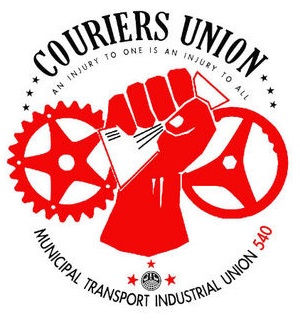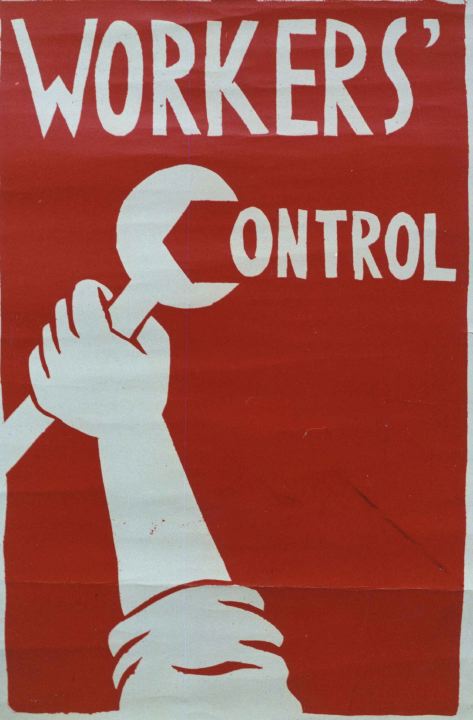Solidarité avec les coursiers et coursières à vélo de San Francisco
Il y a quelques jours à peine, alors qu’une première rencontre des membres du Comité d’organisation pour un Syndicat des coursiers et coursières à vélo chez Sprig.Inc à San Francisco était organisée, l’employeur décréta l’équivalent d’un lock-out d’une semaine suivi d’un retour au travail avec un horaire coupé de moitié.
Les coursiers et coursières à vélo qui ne faisait déjà que 13,50 de l’heure, soumis à une politique de la compagnie leur interdisant de recevoir un pourboire, ont ainsi vue leur horaire passer d’une trentaine d’heure par semaine à de 3h à 15h seulement. Alors que les organismes qui se sont penchés sur la question évaluent le salaire décent à 14,37 pour la région de San Francisco, rappelons que les coursiers et coursières font un métier aussi exigeant physiquement que dangereux. On exige notamment qu’ils et elles soient capable de franchir des distances de 3 à 5km en zone urbaine en moins de 15minutes.
Les membres du syndicat se sont déjà entretenu à de nombreuses reprises avec la direction de Sprig.Inc afin de demander une compensation pour les heures et les journées de travaillent qui furent coupé, de même que des augmentations de salaire et de meilleures conditions de travail, mais la partie patronale semble déterminer à laisser trainer l’affaire aussi longtemps que possible. Les coursiers et coursières à vélo de San Francisco, regroupé sous le Syndicat Industriel 540, en appellent donc à la solidarité des individus, des communautés et des organisations concernées à les appuyer dans leur démarche.
Pour support les coursiers et coursières à vélo en négociation:
https://rally.org/couriersunion?utm_source=leader_banner
Solidarité!






